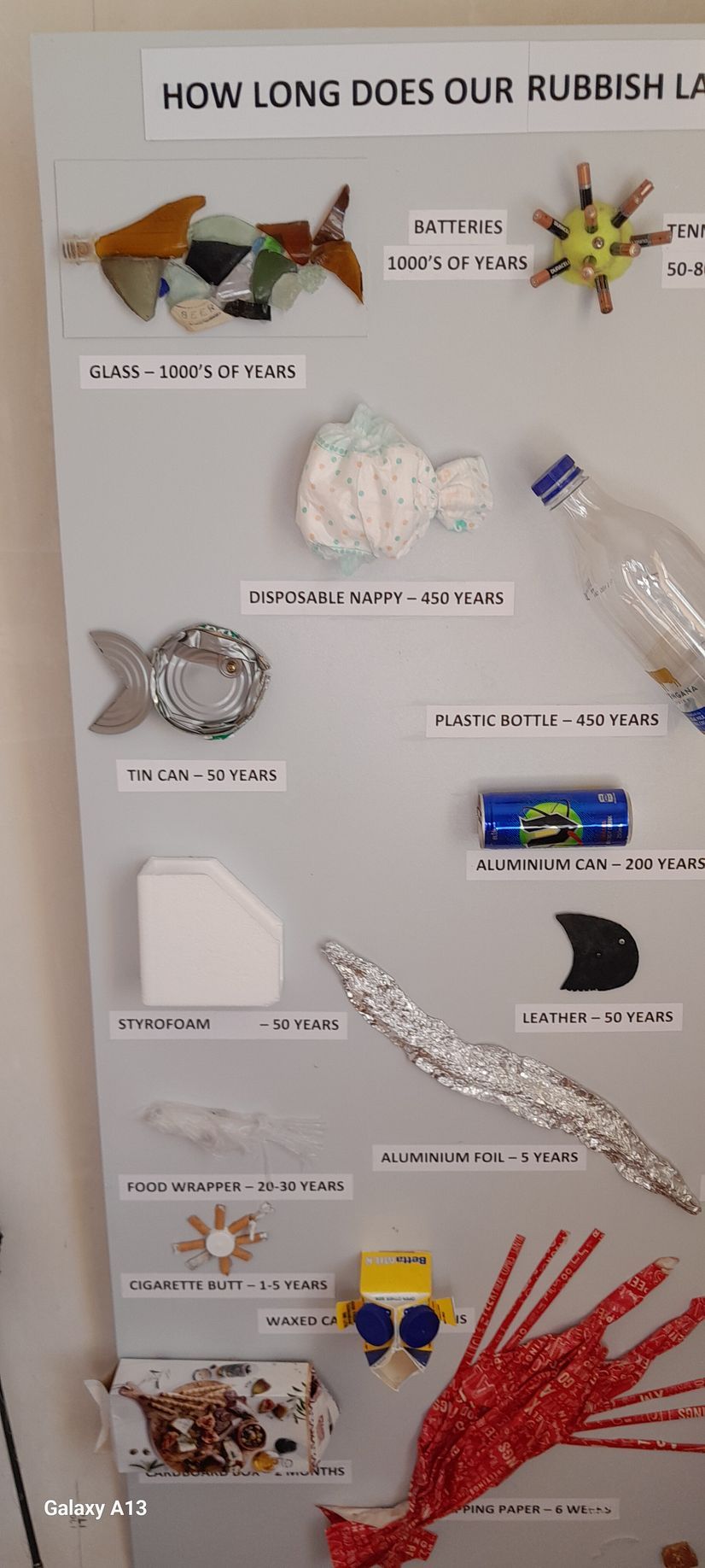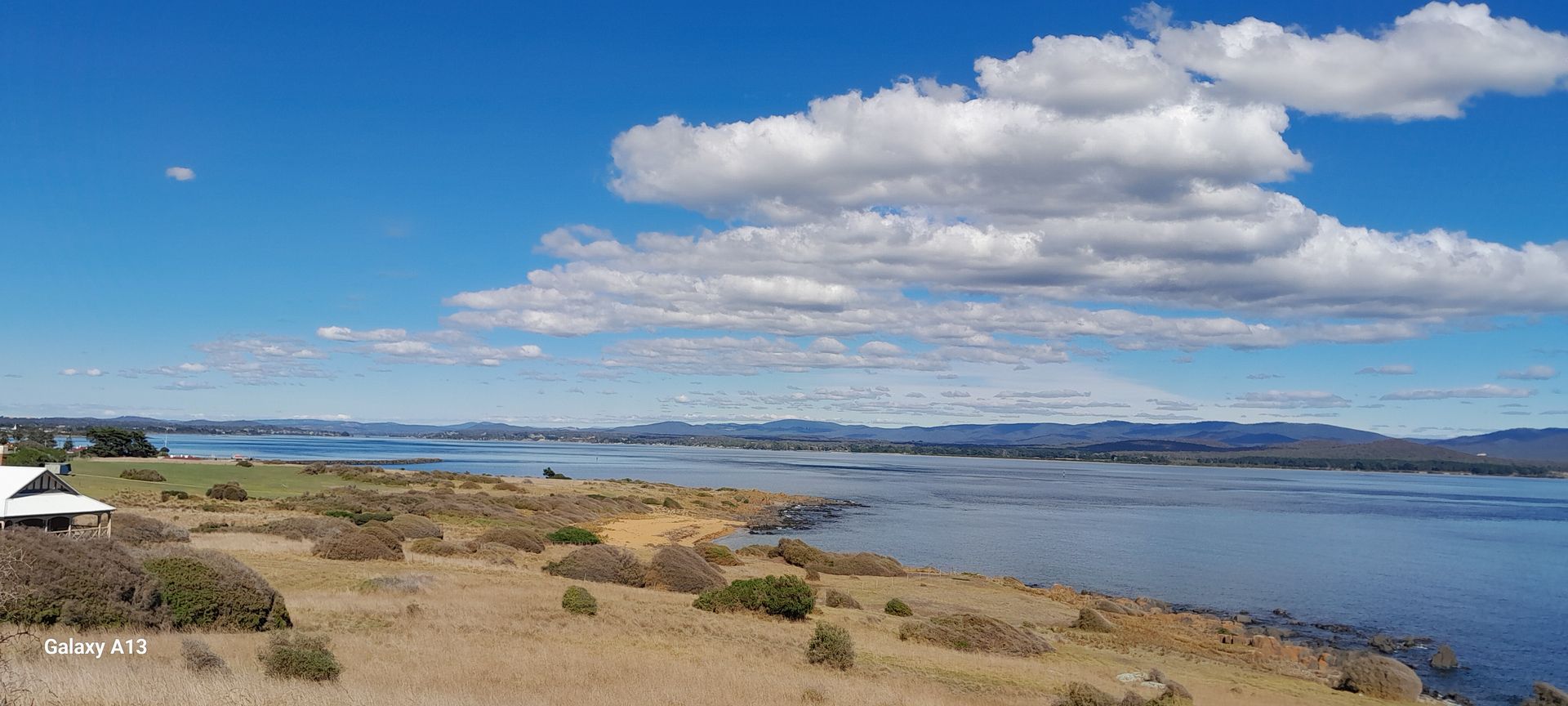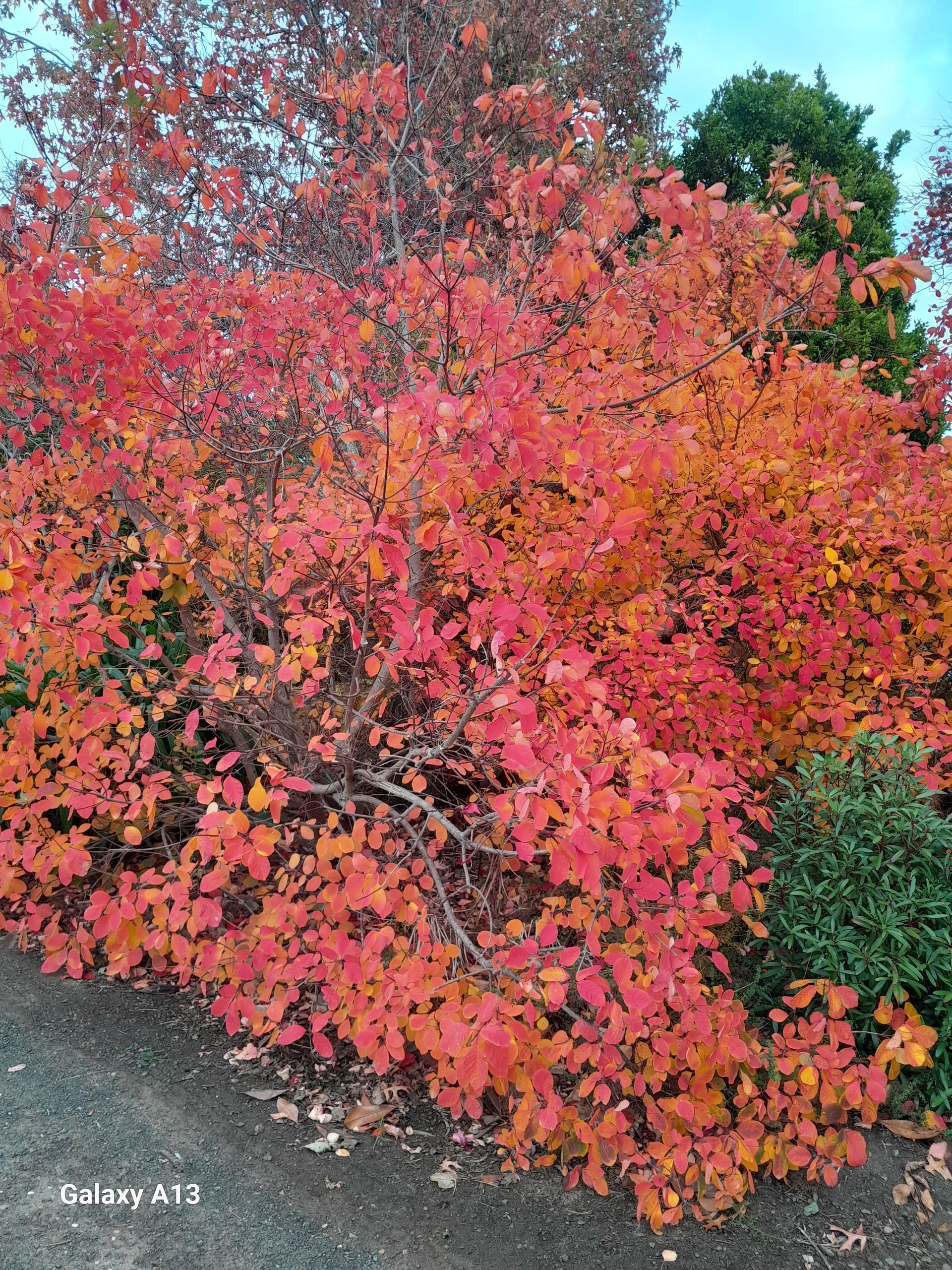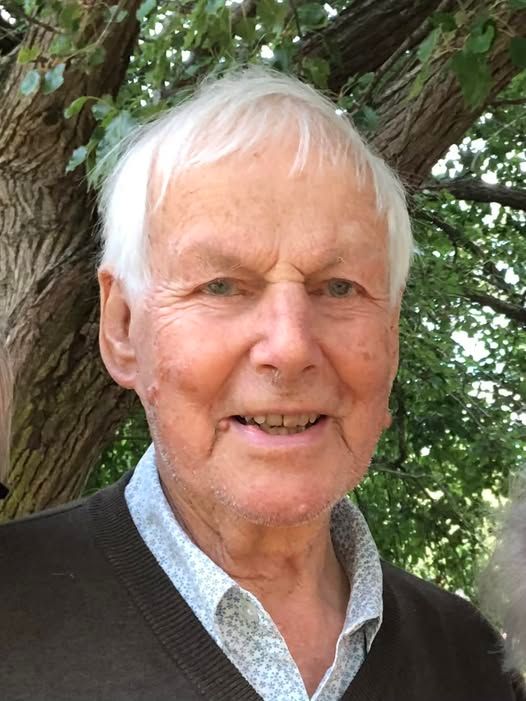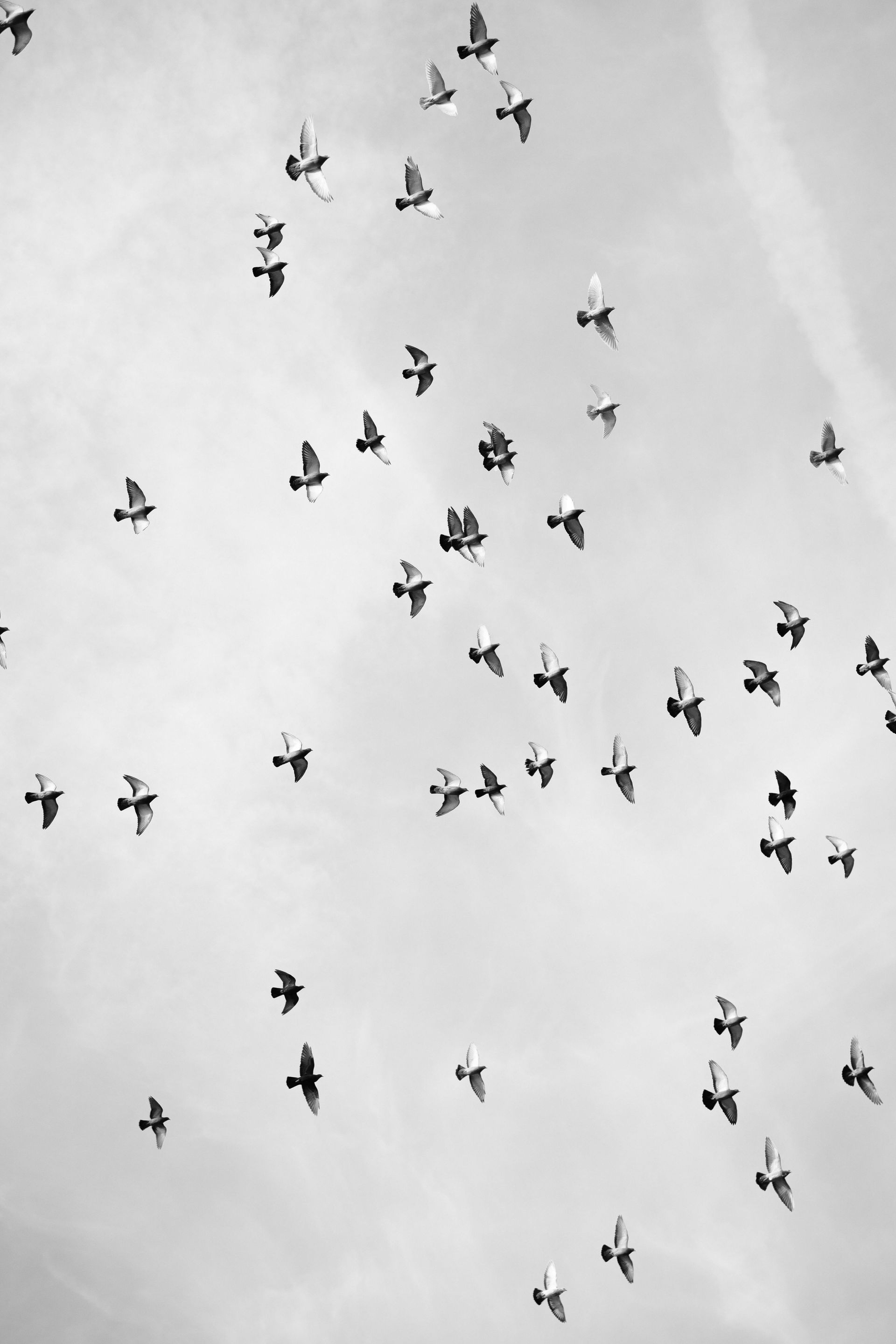It was indeed a lovely day at Low Head last week. We went with our WA friends Sue and Mark, who've been touring Tasmania for six weeks in their 'Dirtroader' caravan, and popping back to spend a day or two with us before moving on again. They've undoubtedly seen far more of Tasmania than most of us who live here.
That photo though disguises the true state of our oceans and beaches - no matter where they are in the world. The hideous problem of plastics was stark in the posters displayed in the small but excellent maritime museum at the Low Head lighthouse. A volunteer-run museum it's stuffed with interesting artefacts and facts about the wealth of marine life, wildlife, seabirds - and maritime history generally in the George Town and Low Head region.
The information on the charts on the museum's wall was alarming. They indicated just how long all the various plastic that ends up in our oceans takes to break down. Plastic bottles, fishing line, tennis balls, batteries, food wrappings and cigarettes - all have a legacy of decay that can take anything from months to decades to millennia. And it's getting worse.
Earlier this year I went to Low Head to take part in a microplastics survey. It was a national event - taking place across the country along various beaches. It was fascinating to learn how plastic has succeeded in so thoroughly polluting our oceans, and how impossible it will be to eradicate a problem that is being added to every second of every minute of every day around the world.
We cannot now contemplate life without plastic. We rely on it for so many things - many of them excellent, valuable and beneficial. But in creating the benefits we forgot to also work out how we as a species were going to manage the plastic that was too old and no longer useful. Dumping it in the ocean and our waterways can no longer be considered an option.
The creatures at the very bottom of the food chain - krill - have been found to contain plastic. This means that every creature up the food chain that ultimately has dined on krill, has consumed plastic. That includes us. There's no escaping it. No wonder we're sickening with all kinds of weird and mysterious cancers and diseases.
It behoves us all to limit the plastic items we use, and to discard the items we do use in a sensible way. And there's also plastic-free July - a concept that has now been going for several years. It's a wake-up call that shows just how much plastic we use without always realising it. I've not participated before. This year I just might have a go.
